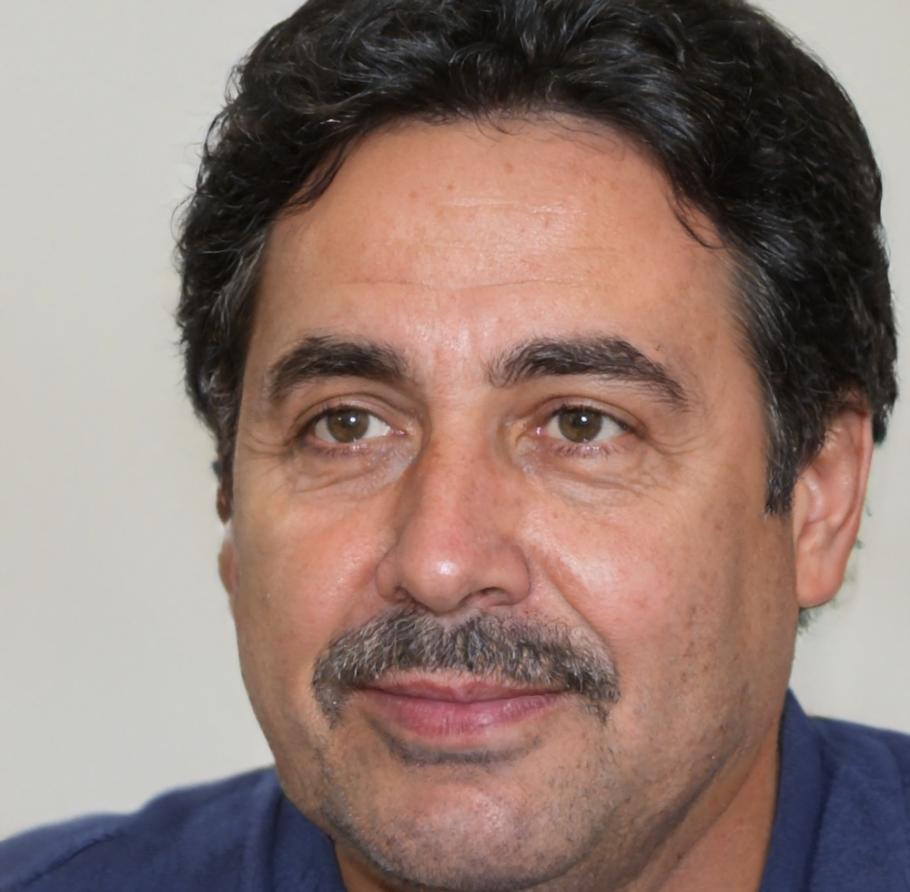How We Got Here
Back in 2018, we noticed a gap. Financial education in Thailand often came in two forms—either overly academic courses disconnected from daily life, or motivational content that inspired but didn't teach practical skills.
People wanted something in between. They needed concrete frameworks they could actually apply, explained in ways that made sense for their specific situations.
We spent the first year just testing different teaching approaches with small groups. Some methods worked better than others. The ones that stuck became the foundation for our current programs, which continue evolving based on participant feedback.



